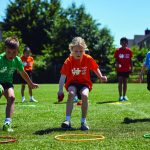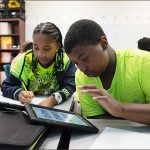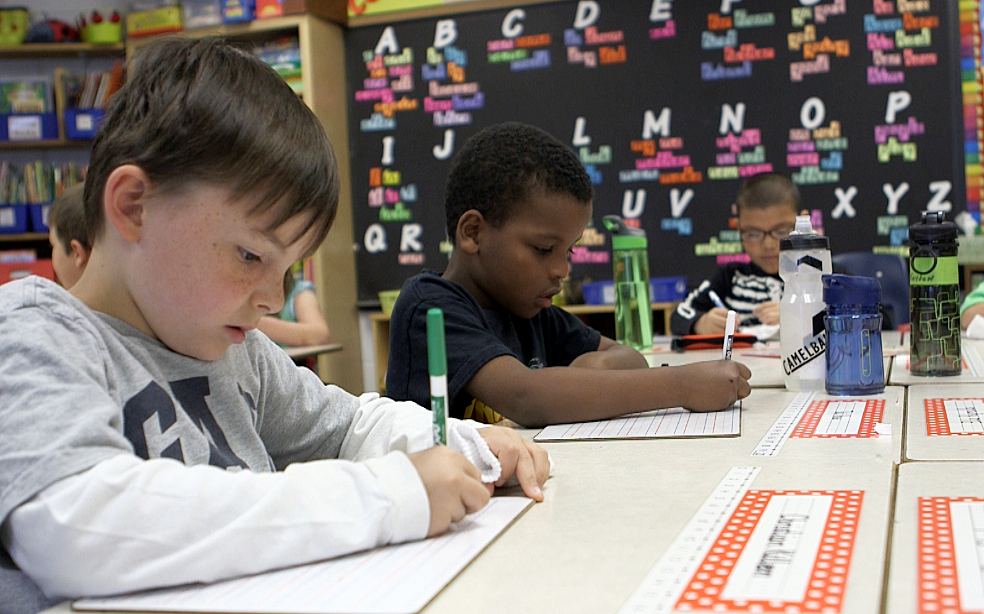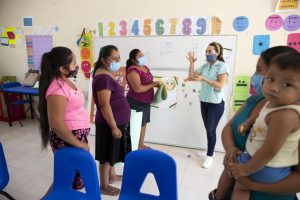Standardized testing has become a central focus in US elementary schools. Proponents argue testing provides objective data to evaluate school quality, identify struggling students, and promote nationwide education standards. However, critics point out many unintended detrimental consequences that negatively impact teaching and learning. Over-reliance on standardized tests narrows the curriculum, disengages students, and disadvantages under-resourced schools. While used judiciously, standardized testing must be balanced with a rich holistic elementary education.
The Rise of Standardized Testing
Standardized testing took center stage in US schools after the 2002 No Child Left Behind Act required annual testing in grades 3-8 to measure student proficiency in math and reading. Schools failing to make sufficient yearly progress faced penalties. Later, the Obama administration incentivized states to adopt Common Core standards and aligned tests developed by private companies.
Proponents contend that standardized testing:
- Provides objective data to compare student progress across schools and districts
- Identifies learning gaps so struggling students receive support
- Allows monitoring of achievement gaps between demographic groups
- Indicates school effectiveness to identify areas needing improvement
- Encourages nationwide education standards and expectations
According to supporters, standardized testing creates accountability and equity by shining a light on areas for growth.
Criticisms and Concerns Over High-Stakes Testing
However, many parents and educators criticize the outsized role testing now plays in public elementary schools:
- Narrowed curriculum – With a laser focus on reading and math scores, schools reduce time and resources devoted to social studies, science, arts, music, physical education, recess, and enrichment.
- Teaching to the test – Educators feel pressure to drill test-taking skills and have students practice repetitive worksheets rather than engage in dynamic project-based learning. Creativity and critical thinking are inhibited.
- Student disengagement – Younger children’s short attention spans are strained by lengthy assessments. Test anxiety manifests even in elementary years.
- Inaccurate results – Single test scores do not capture real-world skills, creativity, or non-academic intelligences. Scores vary based on a student’s health, stress, or test conditions on a given day.
- Disadvantages under-resourced schools – Schools in lower-income areas have fewer resources to provide staff, technology, test prep materials, and enrichment programs to compete with affluent schools. The playing field is unequal.
- Too much time testing – Some schools spend up to 20-25% of instructional time on test prep and testing. This robs students of valuable learning experiences.
- Developmentally inappropriate – Standardized tests fail to reflect research on how elementary children learn best through interactive, hands-on activities. Lengthy focus on paper exams is not age-appropriate.
According to critics, over-reliance on standardized testing narrows education and fails to support holistic child development.
Seeking Balance in Elementary Assessment
Rather than eliminating standardized testing, experts recommend balancing it with other meaningful assessment methods that enhance learning:
- Authentic assessments – Evaluate real-world skills through projects, presentations, experiments, collaborative problem solving activities.
- Performance-based assessment – Have students demonstrate proficiency through hands-on tasks like delivering a speech, conducting an experiment, building a structure.
- Teacher-designed assessments – Locally-developed quizzes, tests, rubrics target current instruction and provide real-time feedback.
- Diagnostic assessments – Short tests identifying students’ strengths/weaknesses to target areas for growth.
- Progress monitoring – Brief regular skills checks to track learning trajectories.
- Multiple measures – Survey teachers, parents, students on school climate, engagement, and intellectual/social/emotional growth, not just test scores.
- Limit test prep – Ensure excessive test preparation does not diminish time for interactive learning and discovery.
According to the National Association of Elementary School Principals, “Schools must advocate for balanced assessment systems to support student success and wellbeing.”
Developmentally Appropriate Assessment in Early Elementary Grades
Research shows that standardized testing is particularly inappropriate in grades K-2 when children learn best through hands-on, play-based activities. Frequent testing detracts from child-centered experiential learning at these ages.
The National Association of Early Childhood Specialists recommends:
- Observing and documenting age-appropriate skills through play and tasks like retelling a story, collaborating with classmates, expressing ideas
- Using rubrics, checklists, and conferencing rather than graded quizzes
- Centering assessment around individual progress and growth rather than benchmarking
- Avoiding standardized tests. Using brief formative assessments to inform teaching instead.
- Incorporating assessment seamlessly into daily learning activities instead of interrupting instruction for lengthy exams
- Reporting feedback to parents emphasizing the whole child – social, emotional, physical, and intellectual development
According to early childhood experts, “assessment should enhance, not detract from, active learning experiences that lay the foundation for lifelong achievement and wellbeing.”
In conclusion, used judiciously, standardized testing provides insights into the strengths and areas for growth of students, schools, and the education system. However, over-reliance on testing narrows the focus of education and detracts from the hands-on, enriching learning experiences that allow elementary children to thrive. Schools must advocate for balanced assessment systems that capture students’ diverse skills, intelligences, and developmental trajectories using authentic measures. This will equip the next generation for holistic lifelong success.
















